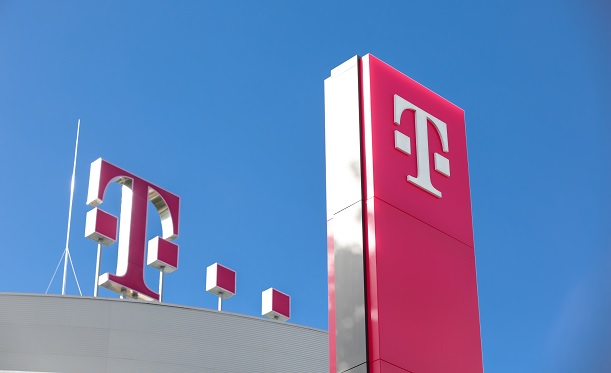Deutsche Telekom is planning to eliminate 135 “white spots” in southeast Germany by building 1,000 additional sites by the end of 2020.
White spots are areas of inadequate mobile coverage that have been flagged up by local government.
The operator said it would focus on building coverage across key transportation routes including freeways and railway lines, as well as rural areas. It said it wanted to support the Bavarian state government in connecting areas that are difficult to reach or uneconomic to connect. Deutsche Telekom currently offers more than 92 percent population coverage across Germany.
All of the country’s network operators will be able to rent the sites, with each one responsible for providing the technical equipment and active integration.
Walter Goldenits, Head of Technology at Telekom Deutschland, said: “We have won every important network test in recent years. But our customers’ expectations are increasing rapidly. Our mobile communications initiative in Bavaria is a response to this trend.”
[Read more: Deutsche Telekom, Telefónica, Vodafone lead new developments in Facebook’s TIP]
The government is providing funding to connect uneconomically viable areas. Bavarian Economics Minister Ilse Aigner said: “Our funding program opens up major opportunities for sparsely populated rural areas. Coverage areas that were previously uneconomical can have mobile communications for the first time.”
This project will run in parallel with Deutsche Telekom’s #lteeverywhere programme, which aims to ensure LTE will be available everywhere the operator can offer voice services. It is scheduled to be completed by the end of next year and involved the deployment of single RAN technology and 900MHZ spectrum.
Broadening coverage is the main priority in operator’s LTE strategies, now that speed records have shifted to 5G demonstrations. Earlier this month, Swisscom said it wanted to increase the number of cities offering Gigabit LTE coverage to 11 by the end of this year and then nationwide by the end of 2018.



